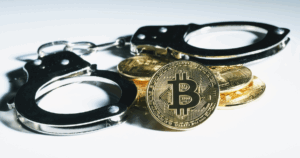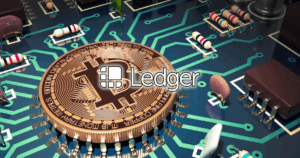An appeal judge has overturned the convictions against Avraham Eisenberg in the Mango Markets fraud case. The prosecutors were unable to show he had lied to the smart contract. Eisenberg managed to take advantage of $110 million with malicious pricing actions. The judgment will influence how other similar DeFi projects are managed and decided.
Key-Takeaways:
- Smart contracts are not considered easy to deceive, so Eisenberg’s convictions were voided by the court.
- It was discovered that designing rules and deciding in what place these crimes can be tried is not simple.
Existing Rules for How DeFi Protocols Must Work
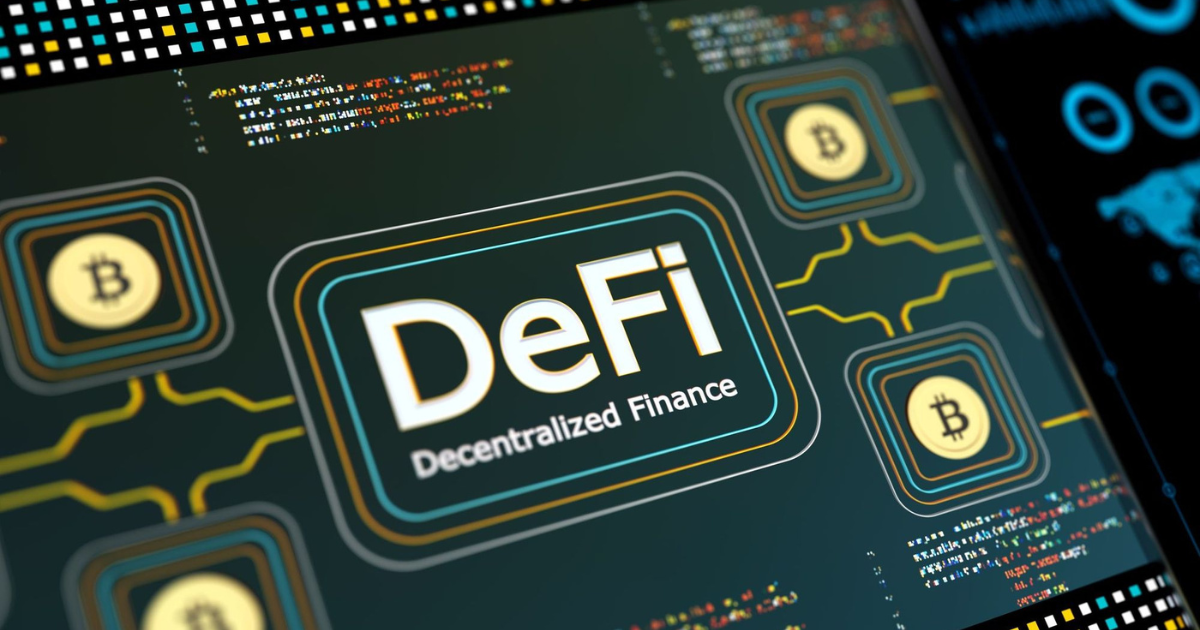
Mango Markets Fraud investigation was hampered by Judge Subramanian’s ruling that because the platform is automatic and permissionless, the usual fraud theories could not be applied. According to the court, because Mango Markets was permissionless and automatic, it could not be tricked in a usual way that is allowed under the law.
The judge looked at the accusations of Mango Markets fraud case and found no evidence of the necessary false statements for a conviction. According to his defense, Eisenberg abused simple and risky code issued by the platform, while never lying to its systems during his transactions.
The result of this Mango Markets Fraud case indicates that conventional fraud laws might not be enough to address acts of stealing by exploiting smart contracts. This demonstrates that it is difficult to adapt current financial crime prevention methods to the automated, distributed world of blockchains.
Dealing with Jurisdiction Issues in Cryptocurrency Law
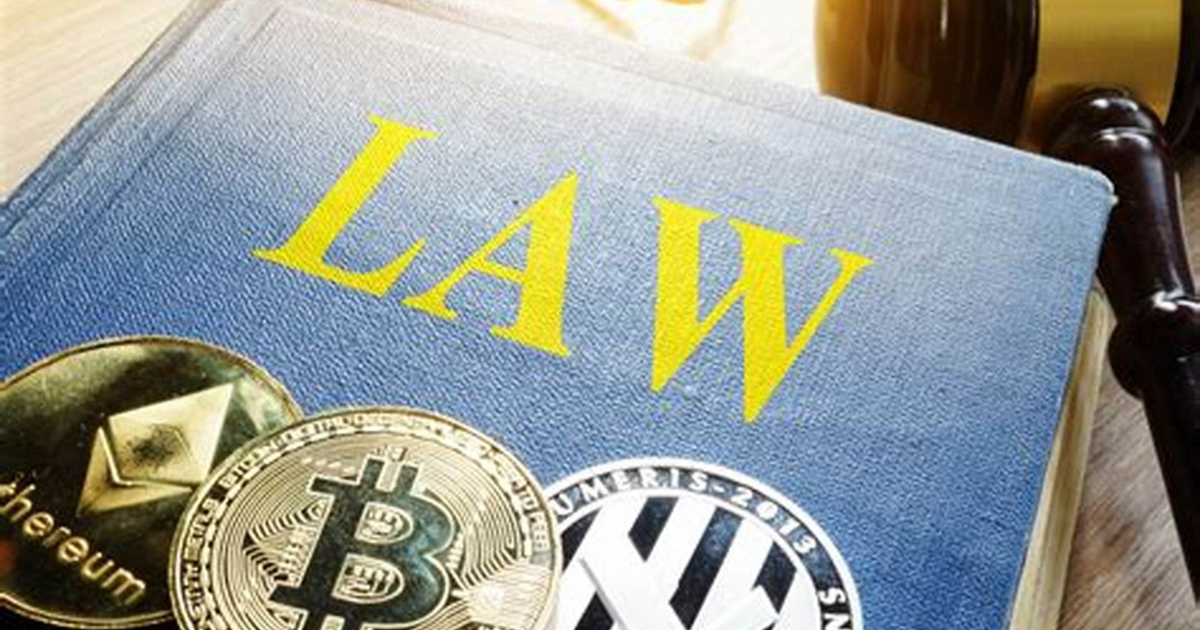
Prosecutors faced new obstacles after the court excluded the New York venue in the Mango Markets Fraud prosecution case. According to Judge Subramanian, being in Puerto Rico for the trades and being mostly inactive in New York did not meet the requirements to bring the case there.
Manhattan’s attempt to charge the defendant in New York through a Poughkeepsie-based user and a vendor located in the city was rejected by the court. The Mango Markets Fraud case ruling may affect how future crypto crime cases are handled and how the courts are chosen.
Selecting a place to hold court highlights the difficulties law enforcement witnesses in handling many decentralized finance cases. People who face prosecution for Mango Markets Fraud must face the complex problem of where a crime happens when global and decentralized networks are involved in the transactions.
Because the current administration is focusing less on enforcing cryptocurrency regulations, new developments in the Mango Markets Fraud case appear in a shifting environment. It is up to the government to pick a new action: re-file the removed charges or change the approach for nearly identical DeFi exploit cases.
It appears that prosecuting the Mango Markets Fraud case may require rules written just for decentralized finance, instead of using regular securities and commodities fraud laws. People who work in law predict this ruling will change how authorities react to cases with smart contract exploits.
Challenges related to enforcing the Mango Markets Fraud extend to examining how regulators oversee decentralized financial platforms. It shows disagreements that arise when new permissionless financial ideas clash with the old rules created for centralized companies.
Separate Criminal Proceedings Continue
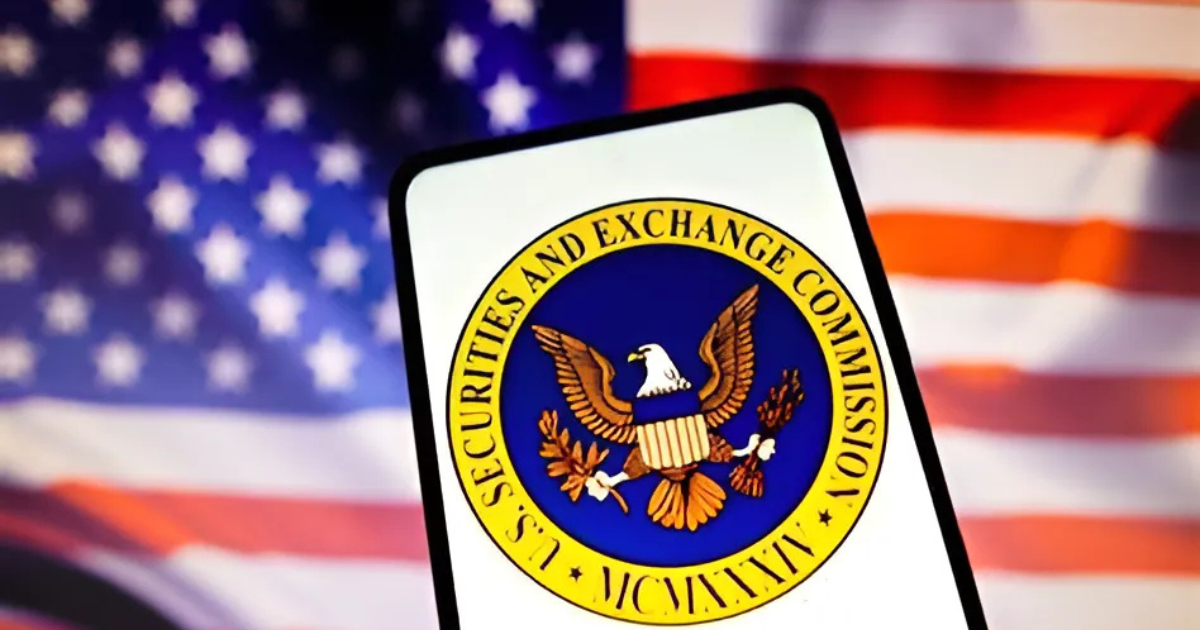
Reversed charges in the Mango Markets case will have no effect on Eisenberg’s child pornography case, for which he pled guilty and was sentenced to almost four years in prison in May 2025. He was arrested in Puerto Rico in December 2022 and information discovered during that arrest led to the unrelated charges.
Even though the convictions on the Mango Markets Fraud have been erased, Eisenberg is still being sued by the Securities and Exchange Commission and the Commodity Futures Trading Commission. These proceedings are managed by different laws than those used for criminal actions.
The ways Mango Markets Fraud cases can be handled separately in criminal and civil courts prove that there are several ways to respond to DeFi attacks. Civil penalties and forced repayment can be pursued by regulators even when centralized-protocol criminal fraud charges encounter difficulties.
Conclusion
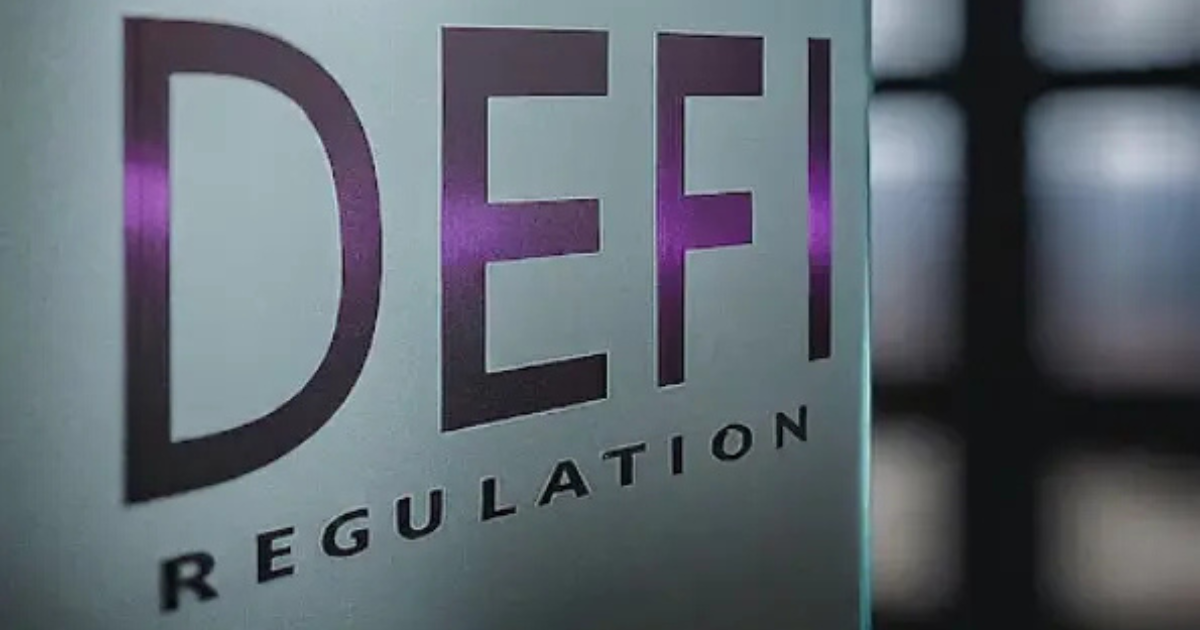
The changed verdict on Mango Markets fraud means there will be a big shift in how DeFi laws are understood. Judge Subramanian decided that permissionless protocols cannot be tricked into making the wrong moves. This brings doubts about how to prosecute other similar cases. It points out that fresh legal standards are required to handle blockchain’s specialized features.










